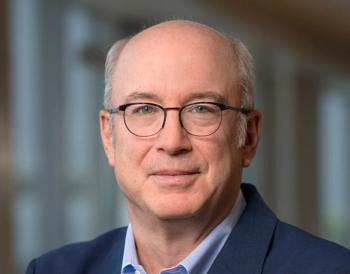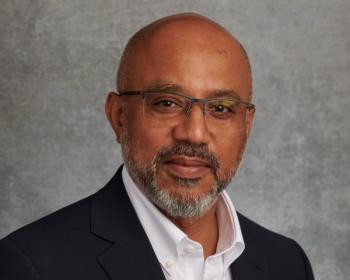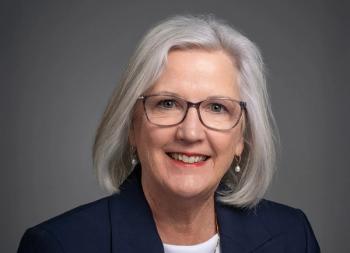
Competition for talent emerges as top worry for healthcare leaders
A survey of 400 healthcare financial leaders identified several other challenges, but the tough job market topped the list.
Healthcare finance leaders view the tight competition for talent as their biggest challenge, according to a new survey.
AKASA, a developer of artificial intelligence for healthcare, commissioned the survey of healthcare finance executives. More than 400 leaders participated in the survey.
The competition for top talent stood far above the rest, with 71% of participants saying that is their biggest challenge affecting their operations. Healthcare leaders across the country have said
The survey gathered responses from 411 chief financial officers and revenue cycle leaders. Here’s the top five challenges cited by healthcare financial leaders in the survey, ranked in order.
- Competitive market for talent
- Vaccine mandates
- Employee burnout
- Rapid employee turnover
- Limitations to offer remote work
Many healthcare workers have left the profession during the pandemic. Nearly 1 out of 5 healthcare workers have quit, according to a study by
In addition, another study found
Healthcare finance leaders have said the federal government’s COVID-19 vaccine requirement for healthcare workers could exacerbate the staffing shortage.
The order requires healthcare workers in facilities receiving funds from Medicare or Medicaid to get vaccinated. The Centers for Medicare & Medicaid Services has put out a
Groups like the American Hospital Association have said they support the government’s vaccination goals but have urged the government to work with healthcare facilities as they try to get their workers vaccinated. CMS has said health systems that don’t comply could lose Medicare and Medicaid funds, but the agency said it plans to work with providers.
Healthcare leaders have cited burnout and mental health as a top concern throughout the past two years as overwhelmed staff have treated waves of COVID-19 patients. One recent survey found the vast majority of nurses said
Malinka Walaliyadde, co-founder and CEO of AKASA, said healthcare leaders should focus on efforts to retain top workers. Automating more administrative tasks can reduce some stress on staff, he said.
In a statement, Walaliyadde said the pandemic “has also shone a light on decades-old issues, where healthcare operations teams have historically been understaffed. To tackle these challenges, leaders should continue to evolve strategies that boost morale and recruitment efforts, and examine opportunities to leverage AI to alleviate the burden on their teams.”
Remote work is driving competition for some aspects of healthcare, including revenue cycle management. As more people in billing can work from home, they also have more options to work for different providers that could be paying more.
Participants were surveyed between Dec. 1-21, 2021.































